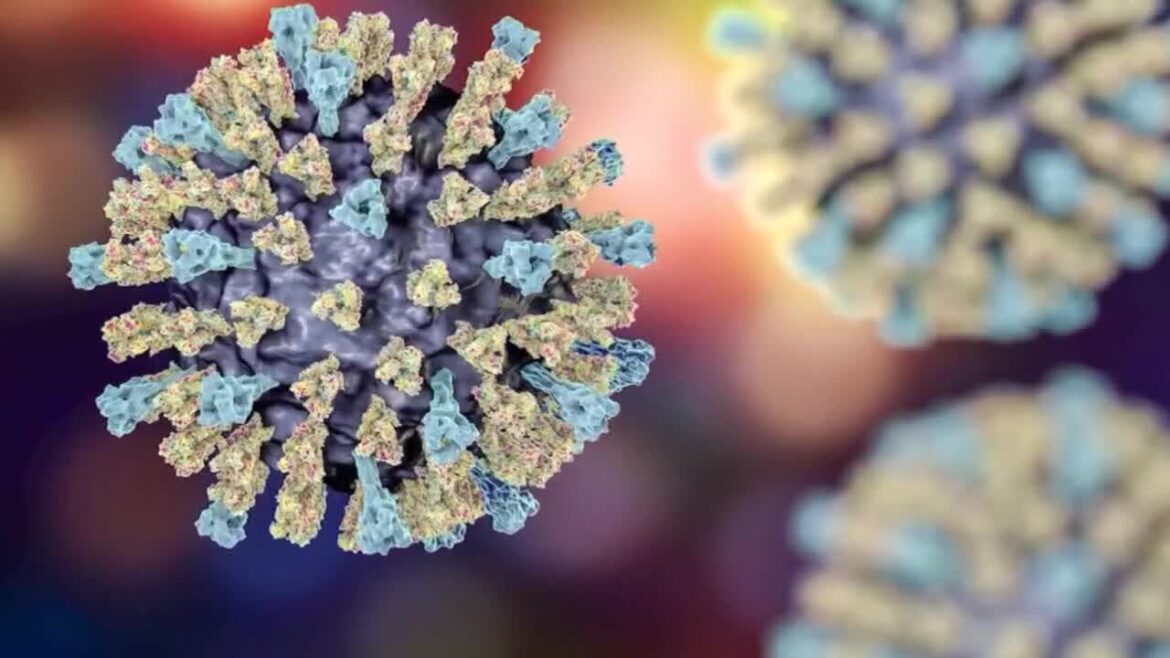Texas Measles Outbreak: 541 Cases Confirmed Since January
As of Friday, the Texas Department of State Health Services has confirmed a significant uptick in measles cases linked to an outbreak in West Texas, with total reported cases rising to 541 since January. Health officials announced 36 new cases recently, primarily concentrated in Gaines County.
Current Situation and Statistics
In the latest update, officials noted that fewer than 30 of the total cases were classified as “actively infectious,” meaning that their rash onset occurred over a week ago. Specifically, Gaines County stands out with 355 reported cases, accounting for approximately 65% of the state’s total cases, including 27 new occurrences since the last report.
Additional counties, including Cochran, Dallam, Dawson, Garza, Lynn, Lamar, Lubbock, Terry, and Yoakum, have also been designated as “outbreak counties.” To date, the outbreak has necessitated hospitalization for 56 individuals.
Vaccination and Public Health Implications
Among the newly reported cases, only one individual had received one dose of the measles vaccine, while the remaining 35 were unvaccinated. Since January, seven cases involved individuals who were fully vaccinated, and four were from those who had one dose. Alarmingly, of the 541 cases, 530 were documented as unvaccinated or had an unknown vaccination status.
Tragically, two school-aged children, both unvaccinated and in good health, have died from measles complications in Texas, underscoring the vital role vaccinations play in disease prevention.
Case Breakdown
Total Cases by County
- Gaines County: 355
- Lubbock County: 38
- Terry County: 47
- Yoakum County: 18
- Dawson County: 21
- Cochran County: 11
- Lamar County: 11
- Dallam County: 7
- El Paso County: 3
- Others: Various cases reported across several counties
Total Cases by Age Group
- Ages 0-4: 171 cases
- Ages 5-17: 203 cases
- Ages 18 and older: 143 cases
- Unknown age: 24 cases
Understanding Measles
Measles is a highly contagious viral disease that manifests as a severe respiratory illness. It spreads through respiratory droplets when an infected individual coughs or sneezes. The virus can remain airborne for up to two hours in enclosed spaces. Symptoms typically develop within a week or two of exposure, starting with high fever, cough, runny nose, and watery eyes, followed by a distinctive red rash.
Prevention and Control Measures
The most effective way to prevent measles is through vaccination, specifically the measles-mumps-rubella (MMR) vaccine, which is administered in two doses. While the rare vaccinated individual may develop measles, their symptoms are usually less severe, and they pose a lower risk of transmission.
If someone suspects they have measles or has been exposed, they should isolate themselves and contact their healthcare provider before visiting to avoid potential outbreaks.
Conclusion
This ongoing outbreak highlights the critical need for vaccination to protect individuals and communities from measles. The Texas Department of State Health Services will continue to monitor and report on the situation bi-weekly.

